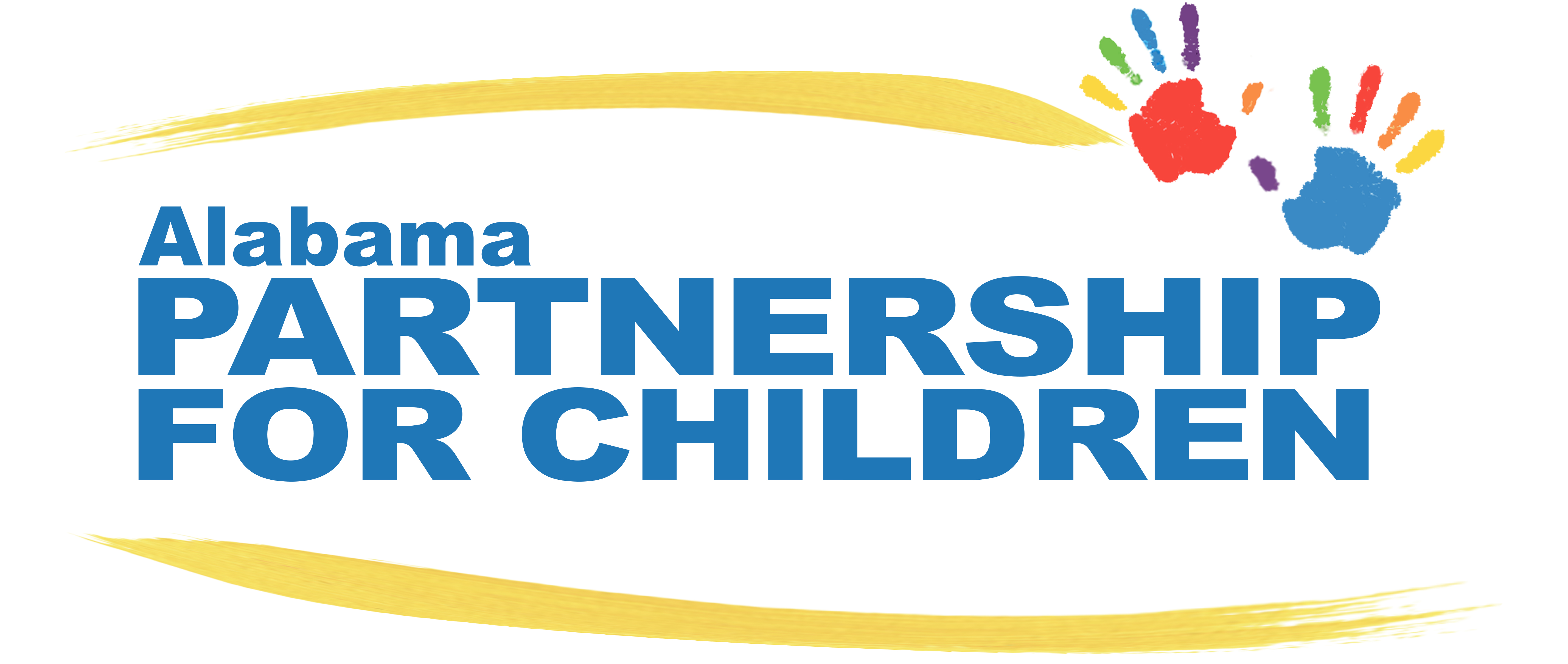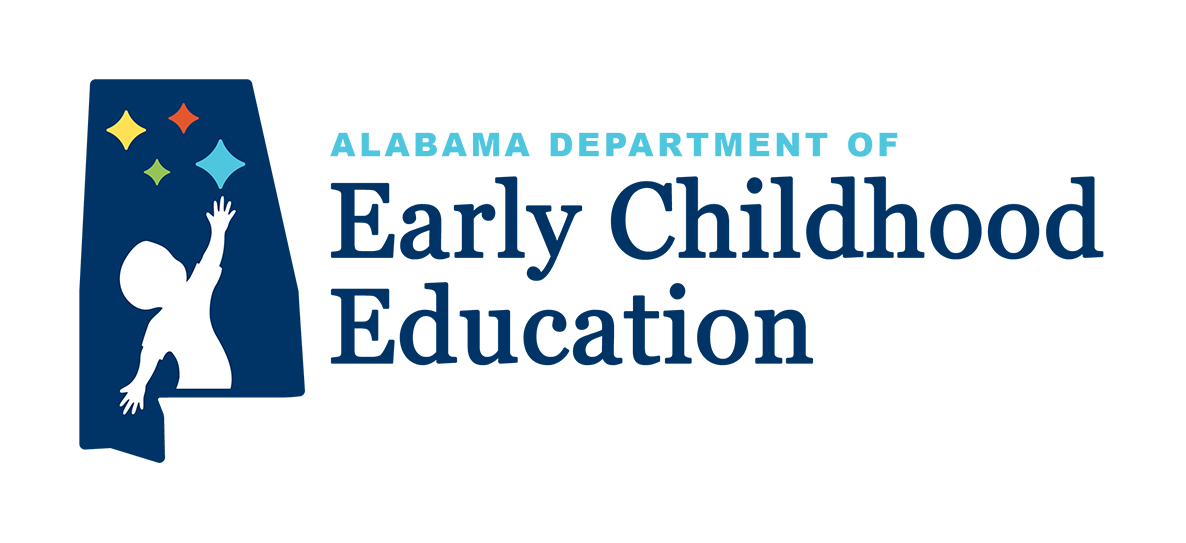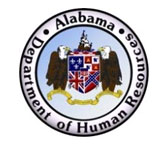RESOURCES
FAQs
FREQUENTLY ASKED QUESTIONs
Why should I call Help Me Grow?
Help Me Grow helps to identify children in need of developmental, behavioral or learning supports, and connects them with community-based programs for health and developmental services at no cost. More specifically, the program provides:
- Screenings for health and development
- Information, resources and materials
- Referrals with enhanced support
- Enrollment in community programs
- Networking opportunities for families, service providers and community partners
Who is eligible for Help Me Grow?
All Alabama families with children ages birth through age eight can enroll in Help Me Grow.
Service providers, health care professionals, and community partners can also benefit from Help Me Grow’s information and services to support the families these agencies assist.
How much will this cost?
Help Me Grow services are free of charge, including screenings, information and resource connection. Many of the referral agencies in the community to which Help Me Grow connects families have free, low-cost or sliding fees.
Should I call even if I do not have a specific concern about my child?
Yes, developmental surveillance and screening is recommended for all children to ensure they are developing in a healthy manner. Help Me Grow supports families in many ways, even if the child does not have a disability or issue of concern.
What is a developmental screening and what does it measure?
Skills such as taking a first step, smiling for the first time, and waving “bye-bye” are called developmental milestones. Children reach milestones in how they play, learn, speak, behave, and move (crawling, walking, etc.). A developmental screening is a short questionnaire to assess if a child is achieving these developmental milestones. Screenings help to objectively determine whether children are learning these basic skills when he or she should, or if there are delays. Monitoring healthy development means paying attention to the child’s physical, mental, social, and emotional well-being. Click here for more information on developmental screenings
Why are developmental screenings important?
Many children with developmental delays are not being identified as early as possible. As a result, these children must wait to get the help they need to do well in social and educational settings. In the United States, about 13% of children 3 to 17 years of age have a developmental or behavioral disability such as autism, intellectual disability, or attention-deficit/hyperactivity disorder. In addition, many children have delays in language or other areas that can affect school readiness. However, fewer than half of children with developmental delays are identified before starting school, by which time significant delays already might have occurred and opportunities for treatment might have been missed.
Why is continued surveillance important?
Every age group brings within itself new changes and skills required. While a child may have no concerns at 6 months, this does not guarantee that there will be no concerns at 24 months or 48 months or beyond; rescreening at each interval is imperative in order to identify these shifts and ensure healthy development over the long-term. Click here for typical developmental milestones
Do developmental screenings provide a diagnosis for my child?
While screenings are a strong indication and have a high rate of validity, they are not full evaluations. Screenings do not provide a diagnosis. Screenings do not “absolutely” tell us anything other than if further evaluation/investigation is needed.
Are developmental screenings the same as testing for gifted students?
Developmental screenings are not IQ tests. Testing for advanced classes or gifted programs requires a different set of assessments than the developmental screenings which are offered through Help Me Grow.
Would my child’s pediatrician or early care educator alert me of developmental concerns?
Pediatricians are key partners in monitoring the health of your child. However, some may not complete developmental screenings as part of routine visits.
Additionally, early care educators are important in fostering the learning and growth of young children. However, some centers may not be using screenings routinely as part of their practice.
Calling Help Me Grow to complete a developmental screening helps track gaps or progress in different areas of development to ensure the best outcomes for children.
How can a Care Coordinator assist me?
Care Coordinators are specially trained to handle calls related to the health, development, behavior and learning of children. They support families by providing information and education on these topics, researching and making referrals to services, and providing continued support, advocacy and follow-up as needed. Care Coordinators offer personalized, sensitive, and culturally-relevant support for you and your child.

Nearly 85% of brain development occurs in the first few years of life.
About | Families | Service Providers | Health Care Providers | Privacy | En Español
Help Me Grow Alabama © 2024 All Rights Reserved
Site Managed and Hosted by Dogwood Media Solutions, LLC




